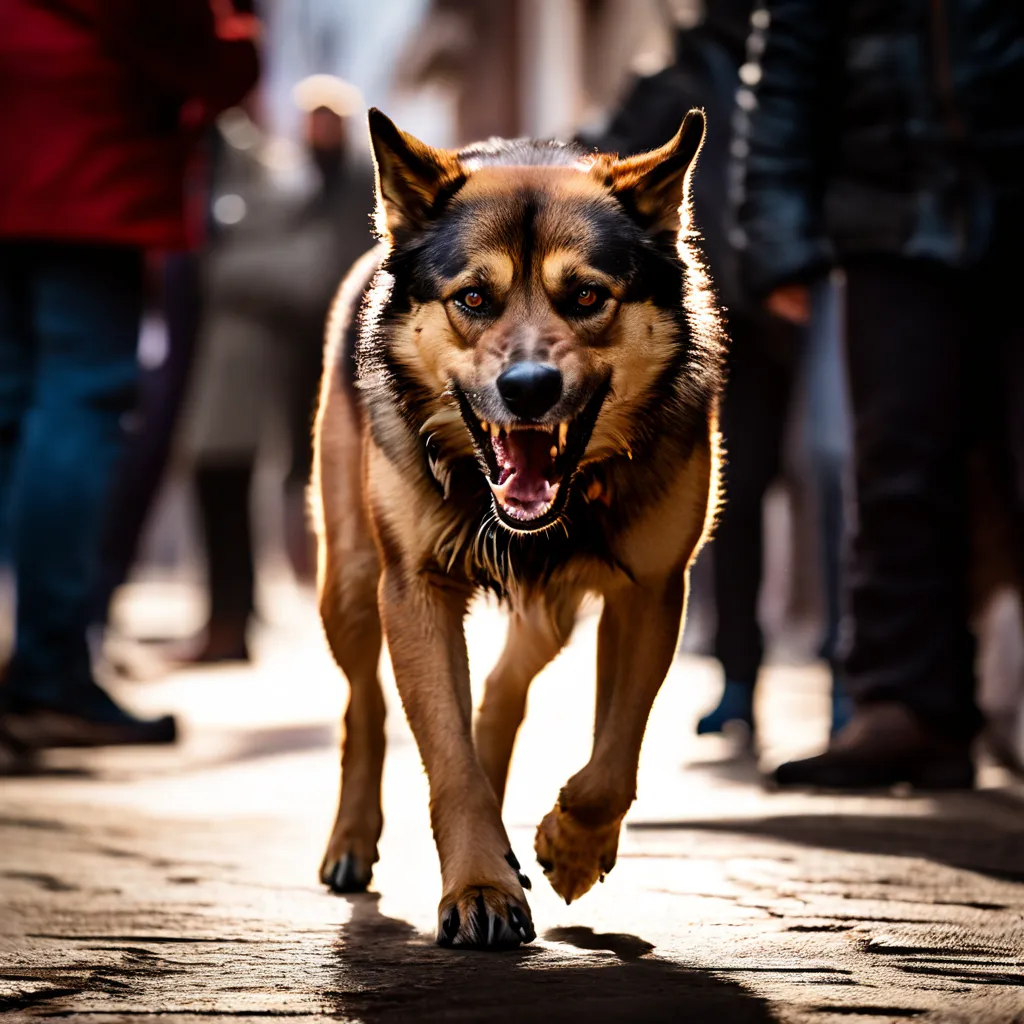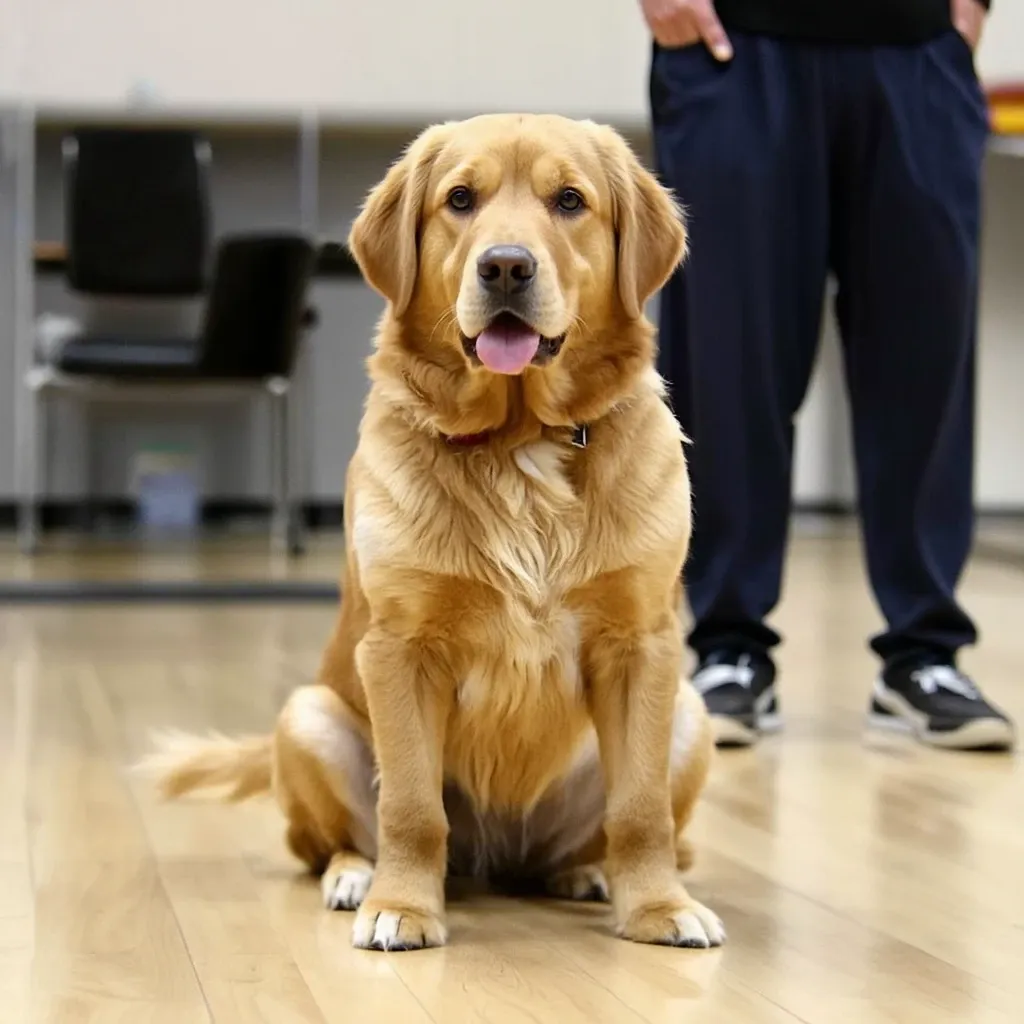Introduction
Have you ever wondered what dog has the lowest IQ? While it’s essential to remember that every dog is unique and special in its own way, some breeds are more challenging to train than others due to their lower intelligence. According to various studies and expert opinions, the Afghan Hound is often considered the breed with the lowest IQ. 
This breed, known for its stunning silky coat and unique tail curl, hails from Afghanistan’s cold mountains. Despite being one of the most expensive dogs in the world, the Afghan Hound has been ranked as the least intelligent dog breed by experts like Stanley Coren, a renowned canine intelligence expert. Their low adaptive and obedience intelligence makes them more difficult to train, but they do moderately well in instinctive intelligence.
In this blog post, we’ll delve deeper into the world of canine intelligence, exploring what it means to have a “low IQ” and how experts measure dog intelligence. We’ll also examine the key factors that influence a dog’s intelligence and provide an overview of other breeds that are considered to have low IQs. So, let’s dive in and discover more about the fascinating world of dog intelligence!
Understanding Dog Intelligence: What Does ‘Lowest IQ’ Mean?
When we talk about dog intelligence, we often hear the term “lowest IQ” being thrown around. But what does it really mean? Is it a measure of a dog’s ability to learn, problem-solve, or adapt to new situations? Or is it simply a way to rank breeds based on their cognitive abilities?
To understand what “lowest IQ” means in the context of dog intelligence, we need to first define what IQ means for dogs. Unlike humans, dogs do not have a standardized IQ test that measures their cognitive abilities. Instead, dog IQ is often measured through various tests and assessments that evaluate their problem-solving skills, obedience, and ability to learn from their environment.
Studies have shown that the average dog has an IQ of around 100, which is comparable to that of a human child. However, this does not mean that dogs are as intelligent as humans. Rather, it suggests that dogs have a unique type of intelligence that is adapted to their environment and survival needs.
So, what does it mean when we say that a breed has a “low IQ”? It simply means that they may not be as adept at problem-solving or learning as other breeds. However, this does not mean that they are stupid or incapable of learning. Every dog is capable of learning and adapting, regardless of their breed or IQ.

In the next section, we will explore how dog intelligence is measured and what factors contribute to a breed’s cognitive abilities.
Measuring Dog Intelligence: Key Factors and Expert Opinions
Measuring dog intelligence is a complex task that involves understanding various key factors and expert opinions. While there is no single definitive way to measure dog intelligence, researchers and experts have identified several important aspects to consider.
Problem-Solving Ability
One key factor in measuring dog intelligence is problem-solving ability. This can be assessed through various tests, such as obstacle courses, puzzle toys, and scent work. Dogs that can quickly and efficiently solve problems are considered to be more intelligent.
Learning and Adaptability
Another important factor is a dog’s ability to learn and adapt. This can be measured by observing how quickly a dog learns new commands, tasks, and behaviors. Dogs that can adapt to new situations and learn from experience are considered to be more intelligent.
Communication and Social Skills
A dog’s ability to communicate and interact with humans and other animals is also an important aspect of intelligence. This can be measured by observing a dog’s ability to understand and respond to commands, as well as its ability to form bonds with its human family.
Memory and Recall
A dog’s memory and recall abilities are also important factors in measuring intelligence. This can be assessed through tests such as hiding and seeking games, as well as observing a dog’s ability to remember and recall commands and tasks.
Expert Opinions
According to experts, dog intelligence is a complex trait that cannot be measured by a single factor or test. Dr. Stanley Coren, a renowned canine intelligence expert, suggests that dog intelligence is comprised of three components: instinctive intelligence, adaptive intelligence, and working and obedience intelligence.
Other experts, such as Dr. Brian Hare, suggest that dog intelligence is closely tied to their ability to read human social cues and communicate effectively with humans.
The Afghan Hound: The Breed with the Lowest IQ
The Afghan Hound is a breed of dog known for its stunning physical appearance, with a silky coat and piercing eyes. However, when it comes to intelligence, the Afghan Hound is often ranked as one of the lowest.
According to Stanley Coren’s book “The Intelligence of Dogs,” the Afghan Hound is ranked 138th out of 138 breeds in terms of working and obedience intelligence. This means that they can be challenging to train and may not respond well to commands.
One reason for the Afghan Hound’s low intelligence is its independent nature. As a breed that was originally bred to hunt and think on its own, the Afghan Hound can be strong-willed and aloof. This makes them less likely to follow commands and more likely to do their own thing.
Another reason for the Afghan Hound’s low intelligence is its lack of motivation. Unlike some breeds that are highly motivated by praise and rewards, the Afghan Hound can be more laid-back and less interested in pleasing its owner.
Despite their low intelligence, Afghan Hounds are still capable of learning and can make great pets for the right owner. They require patience, consistency, and positive reinforcement training, and can thrive in homes with experienced dog owners.
Other Dog Breeds with Low IQ: Characteristics and Rankings
In addition to the Afghan Hound, several other dog breeds are known to have low intelligence quotients (IQ). According to Stanley Coren’s book “The Intelligence of Dogs,” which ranks over 100 different dog breeds according to their intelligence, some breeds that fall under this category include:
- Borzoi: Ranked 126th out of 130 breeds, Borzois are known for their independent nature and can be challenging to train.
- Chow Chow: With a ranking of 76th out of 130 breeds, Chow Chows are often described as stubborn and resistant to training.
- Bulldog: Ranked 77th out of 130 breeds, Bulldogs are known for their laid-back and easy-going nature, but can be difficult to train due to their stubbornness.
- Pug: With a ranking of 89th out of 130 breeds, Pugs are often described as playful and loyal, but can be challenging to train due to their independent nature.
- Shih Tzu: Ranked 93rd out of 130 breeds, Shih Tzus are known for their friendly and outgoing personalities, but can be difficult to train due to their strong will.
These breeds often require patient and consistent training, as well as positive reinforcement techniques to help them learn and understand commands. It’s essential to remember that every dog is an individual and that intelligence can vary within breeds.
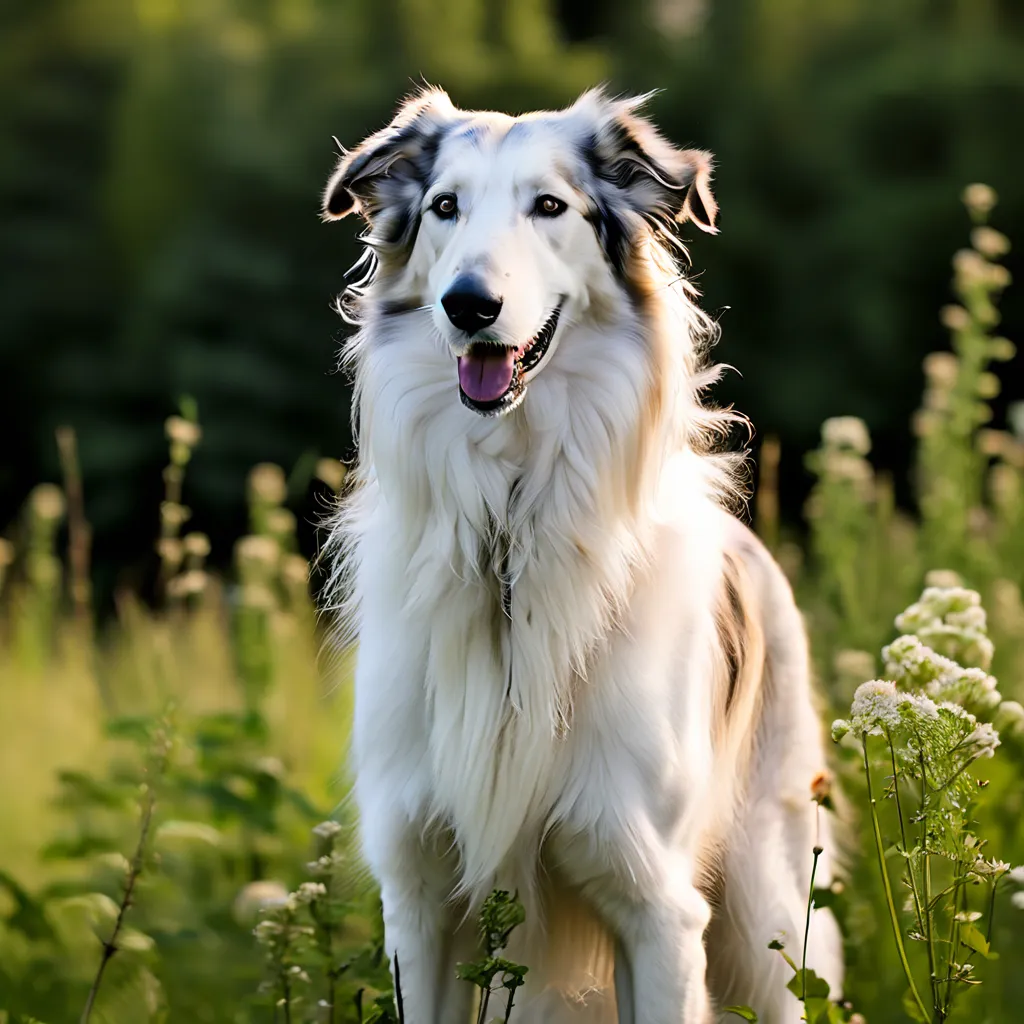
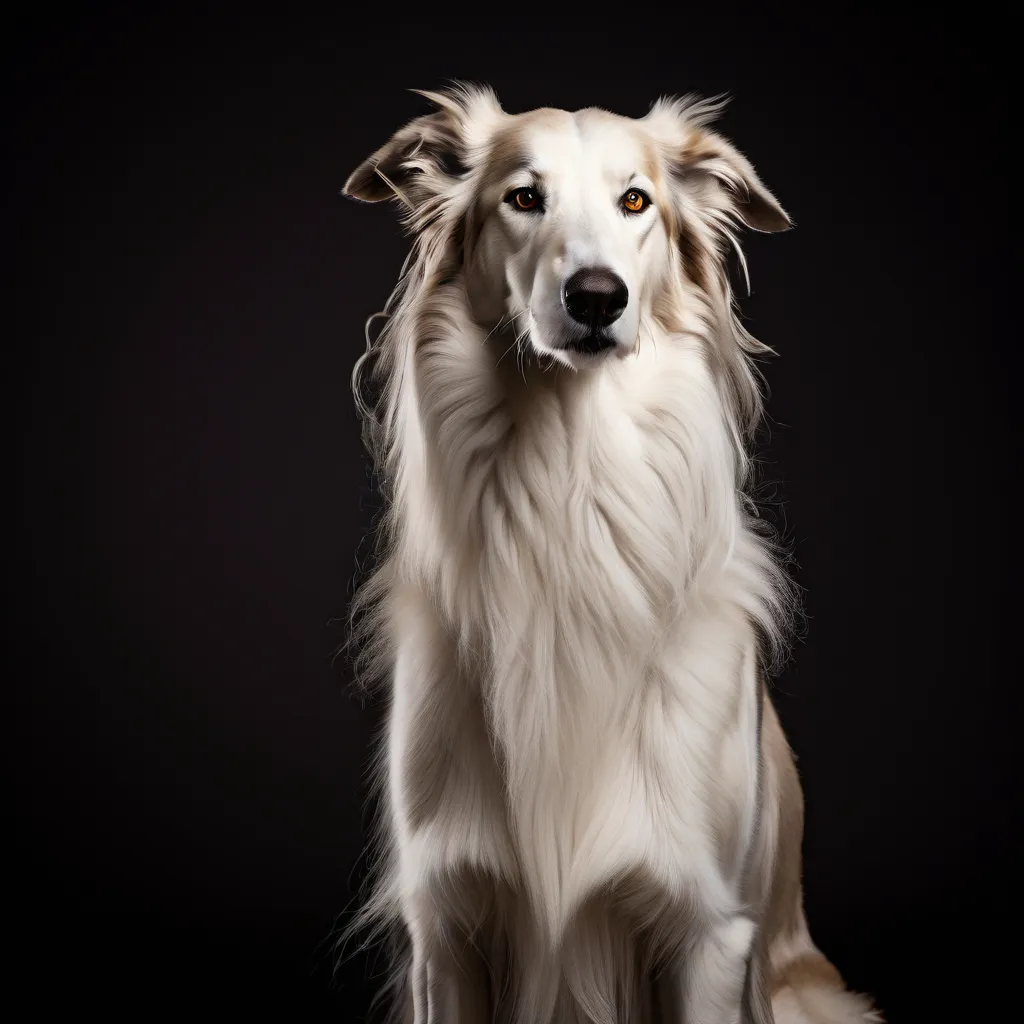


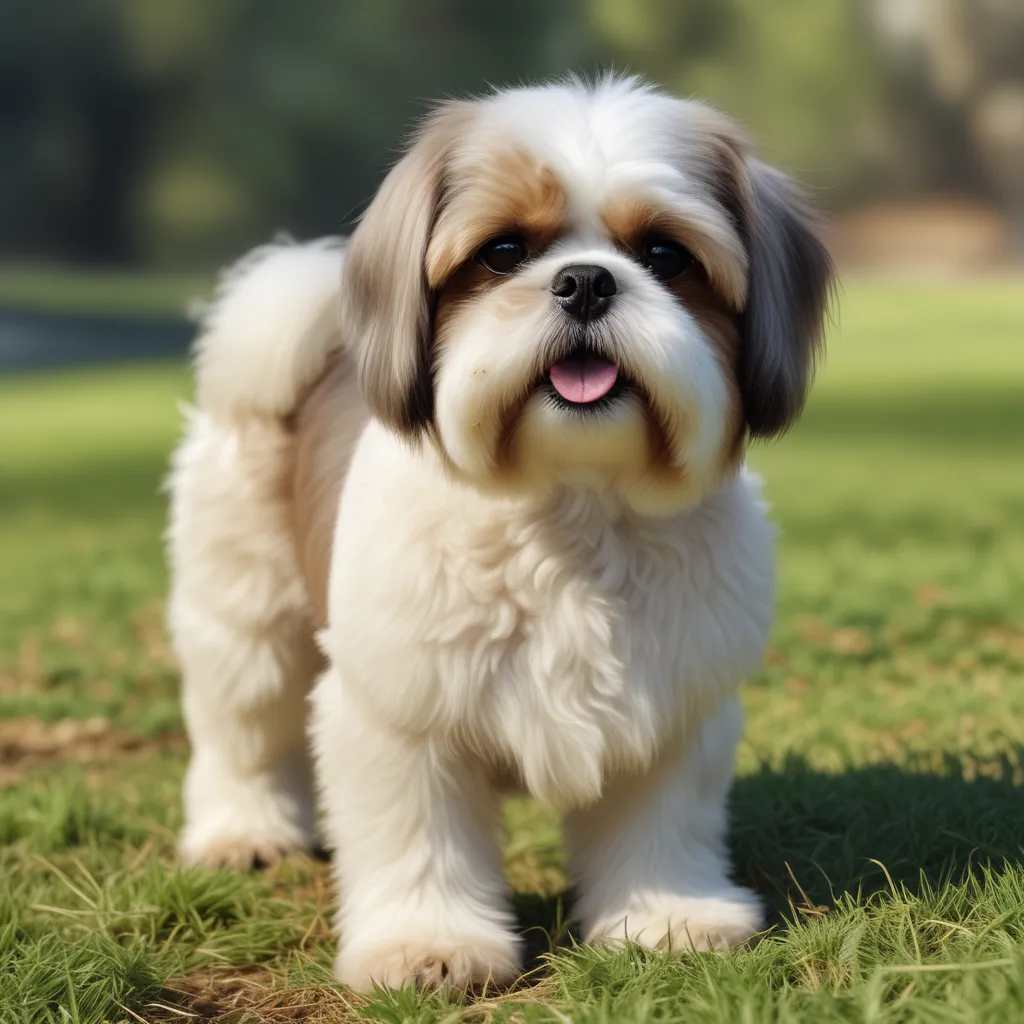
Conclusion
In conclusion, our journey to uncover the dog breed with the lowest IQ has been an enlightening one. From understanding what “lowest IQ” means in the context of dog intelligence to exploring the key factors and expert opinions on measuring dog intelligence, we’ve gained a deeper appreciation for the complexities of canine cognition.
Our investigation led us to the Afghan Hound, a breed renowned for its stunning appearance and, unfortunately, its struggles with obedience and trainability. We also delved into the characteristics and rankings of other dog breeds with low IQ, highlighting the unique challenges and opportunities that come with owning and training these lovable companions.
As we reflect on our findings, it’s essential to remember that every dog, regardless of breed or intelligence, deserves our love, care, and understanding. By acknowledging and embracing their individual strengths and weaknesses, we can build stronger, more meaningful relationships with our furry friends.
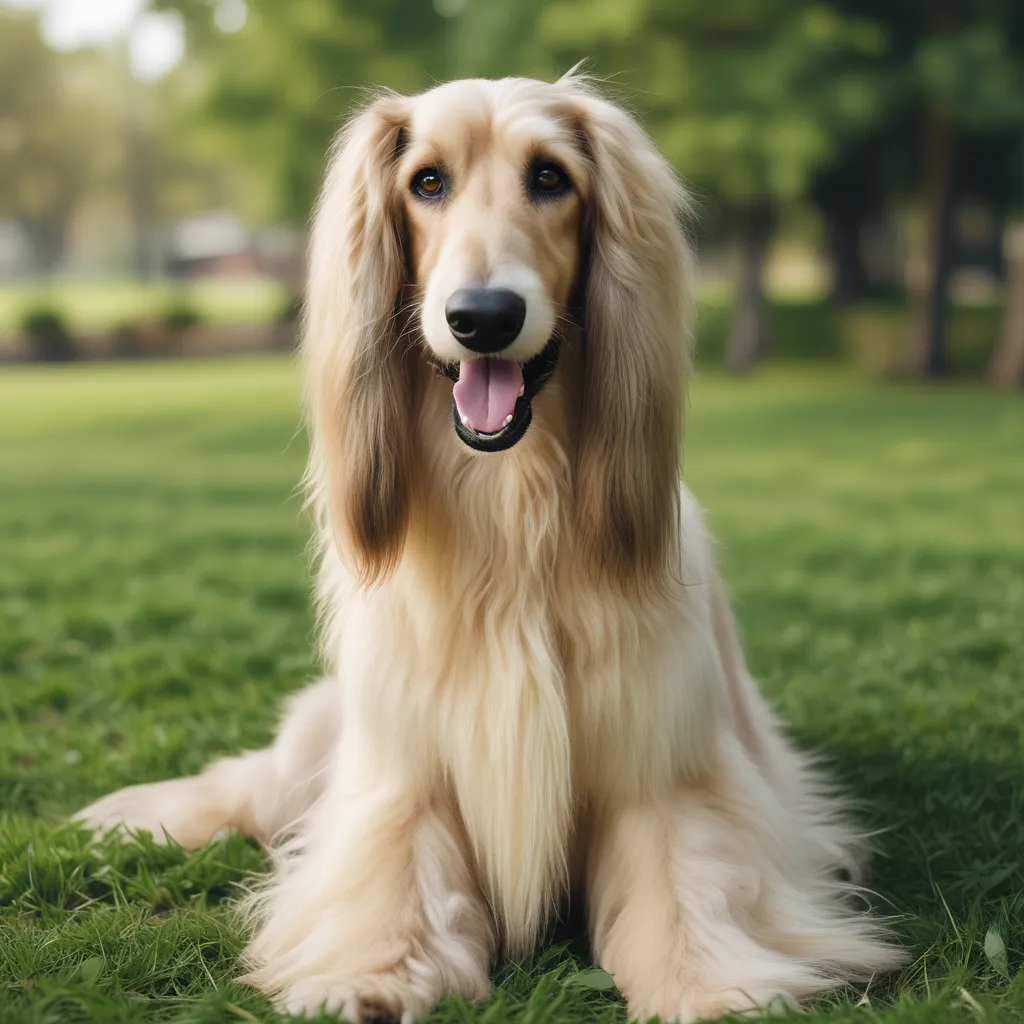
References
- https://www.psychologytoday.com/us/blog/canine-corner/201602/understanding-the-nature-dog-intelligenc
- https://www.dogbreedinfo.com/afghan.ht
- https://www.akc.org/expert-advice/dog-breeds/smartest-dog-breeds
- https://www.psychologytoday.com/us/blog/canine-corner/201602/understanding-the-nature-dog-intelligenc
- https://en.wikipedia.org/wiki/The_Intelligence_of_Dog


